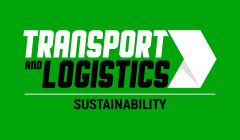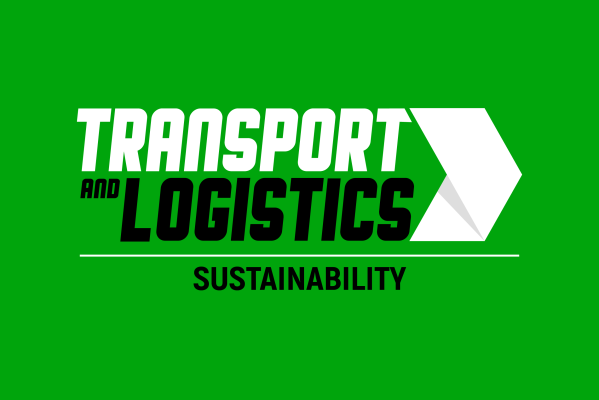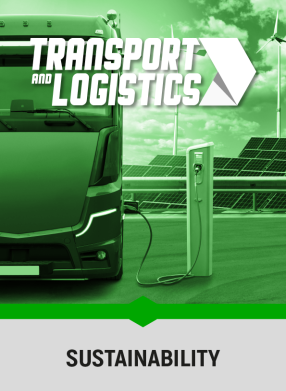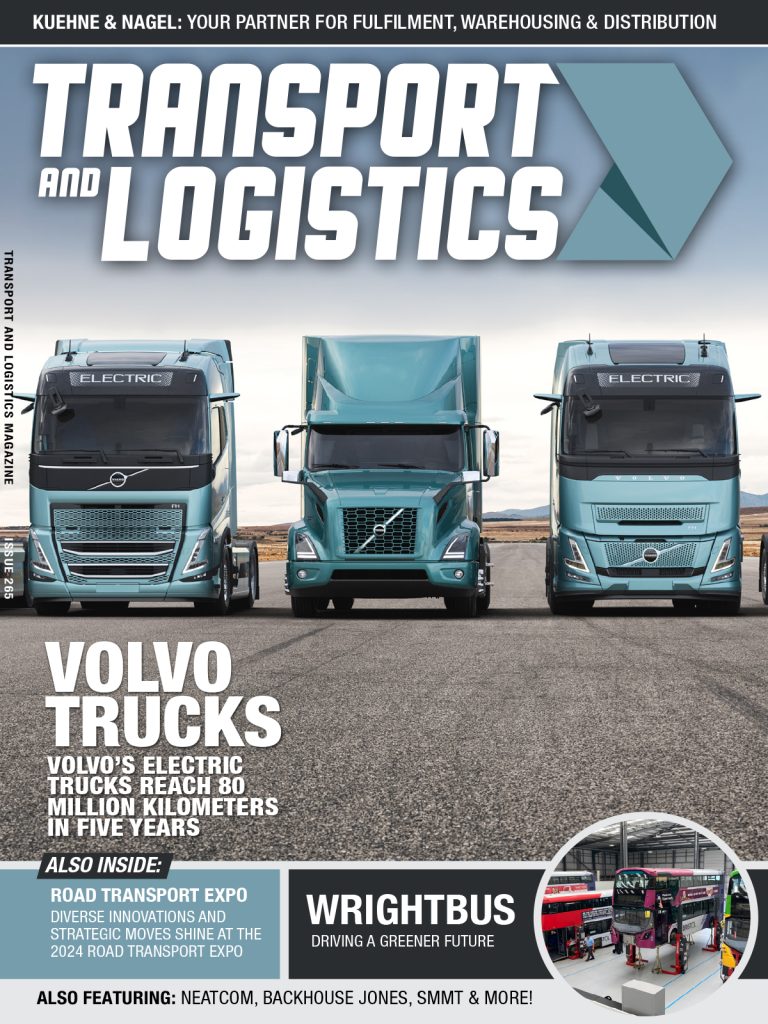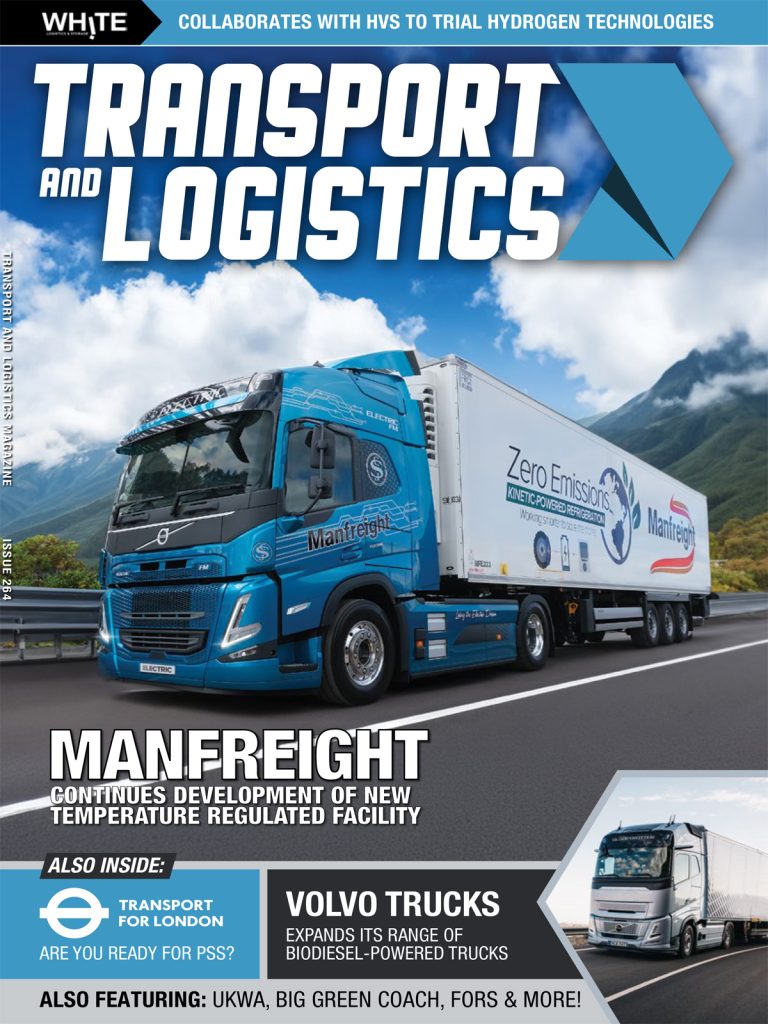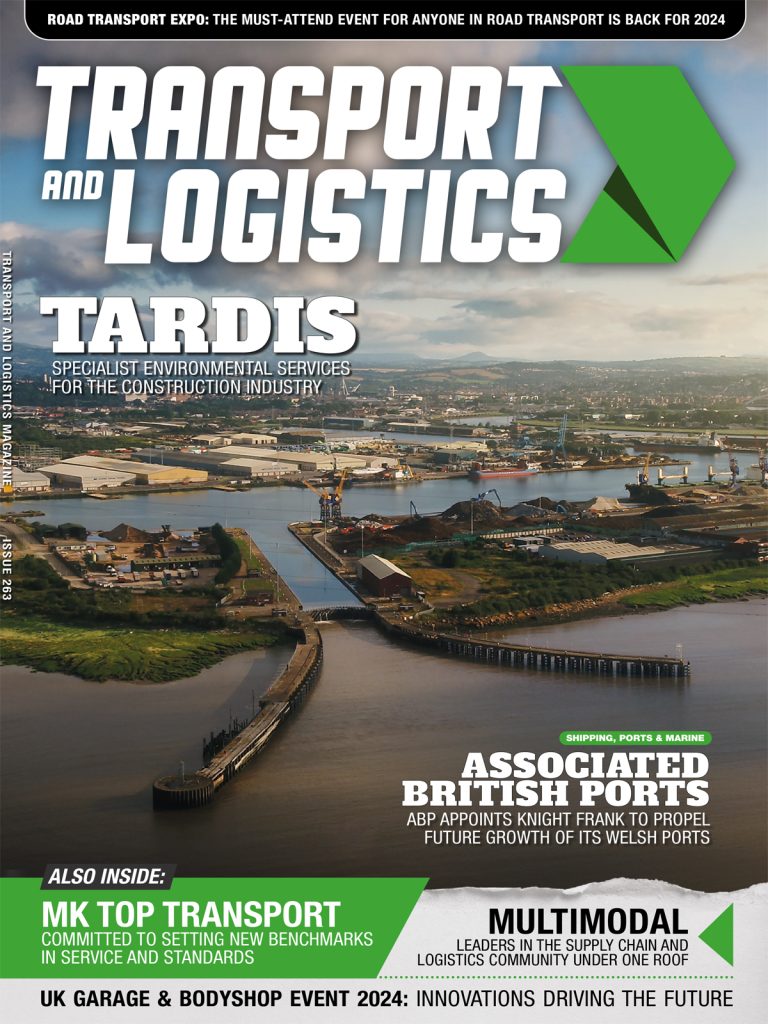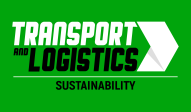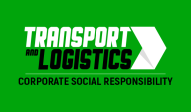Teesside could see the UK’s first fleet of hydrogen-powered passenger trains as Arriva, one of Europe’s leading providers of passenger transport, is in talks to build a major facility. The company is looking at potential sites in Thornaby and Lackenby, with the first green trains expected to be in function by June 2021.
An initial screening report has been lodged with Stockton Council, which could help cement Teesside’s plans to be at the “centre of the UK’s growing hydrogen economy”. With Teesside producing half of the UK’s entire hydrogen supply through its heavy industry, it feels like the right place to start. If successful, the project could be rolled out across the Northern and wider National Rail networks.
“In the longer term, it is anticipated that this project will not only provide a solution for the Tees Valley, but that the learning from this project will have potential applications both across other ARN [Arriva Rail Network] operations and the UK rail industry as a whole. Plans for a new maintenance and fuelling facility will be required on Teesside, in the heart of the designated operating area for the hydrogen fleet,” Arriva’s application said.
Hydrogen-powered trains, it added, are “completely free of harmful emissions both at point of use” and also “free from the emission of nitrous oxides and particulate matter.”
Hydrogen trains only have a range of around 600 miles compared to 1,500 for diesel-powered and must be refuelled daily, which means there’s a need for a depot close to Teesside.
A “number of safety mitigations” would also be put in place to minimise risks. “In the unlikely event of a hydrogen fuel leak,” the report said, “the released gas will disperse upwards in to the atmosphere, where this non-toxic gas will rapidly dilute and disperse.”
Tees Valley Mayor Ben Houchen has launched a successful £1.3 million bid to bring a fleet of hydrogen cars, buses – even bin lorries – and refuelling stations – to the region. Between 2018 and 2050 it is estimated that the hydrogen sector could ass up to £7 billion in the region’s economy, as well as create around 1,000 jobs.
